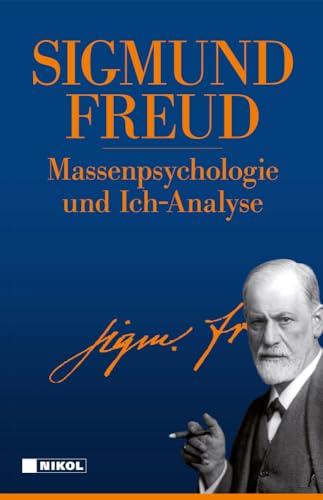

Wakefield reconstructs Freud’s defense of the possibility and importance of unconscious mental states as a genuinely philosophical endeavor. “Is it still possible today to say something about Freud that is both new and relevant? With the first volume of Freud and Philosophy of Mind, Jerome Wakefield shows that it is. Wakefield becomes the first philosopher to rise to the challenge that Freud set in 1913, when he wrote that “the hypothesis of unconscious mental activities must compel philosophy to decide one way or the other and, if it accepts the idea, to modify its own views on the relation of mind to body so that they may conform to the new knowledge.” The insights that flow from Wakefield’s careful analysis have substantial implications not only for the philosophy of mind but also for some of the most pressing questions facing the cognitive and affective neurosciences today.” (Mark Solms, Editor of The Revised Standard Edition of the Complete Psychological Works of Sigmund Freud) 70 (1), 2022) “This is a groundbreaking book, the first to unpack comprehensively the implications of Freud’s radical proposal, made in 1900, to the effect that mental activity (i.e., what we now call cognition) is unconscious in itself, and therefore consists fundamentally in the same sort of stuff as the rest of the natural universe.

… Wakefield’s work stands as an example of the kind of bridging that is necessary between these two fields.” (Cuneyt Iscan, Journal of the American Psychoanalytic Association, Vol. “Jerome Wakefield’s meticulous and brilliant work, powered by his scholarly knowledge in the areas of philosophy and psychoanalysis, is displayed in this book and is welcomed in this context.


 0 kommentar(er)
0 kommentar(er)
